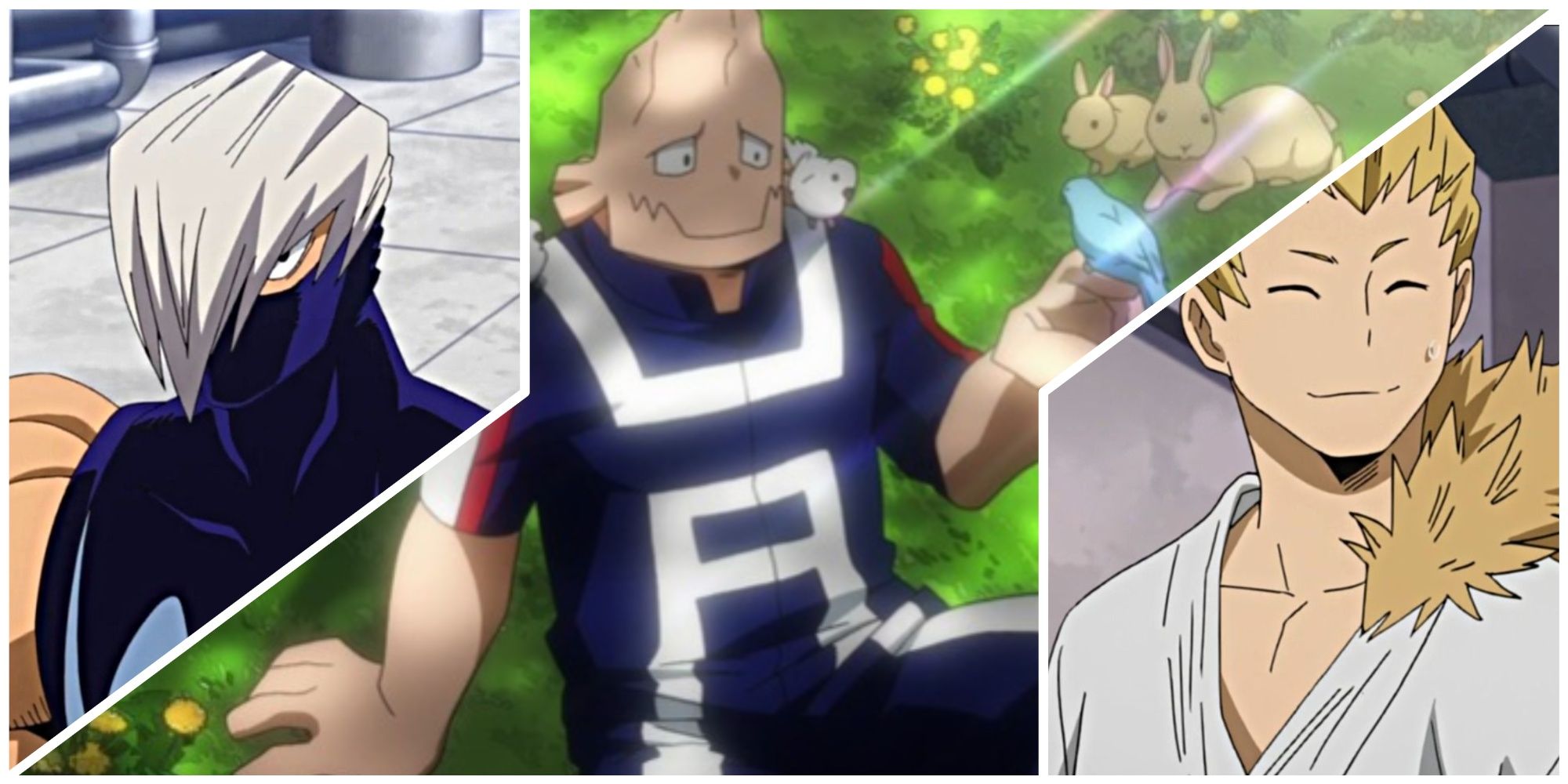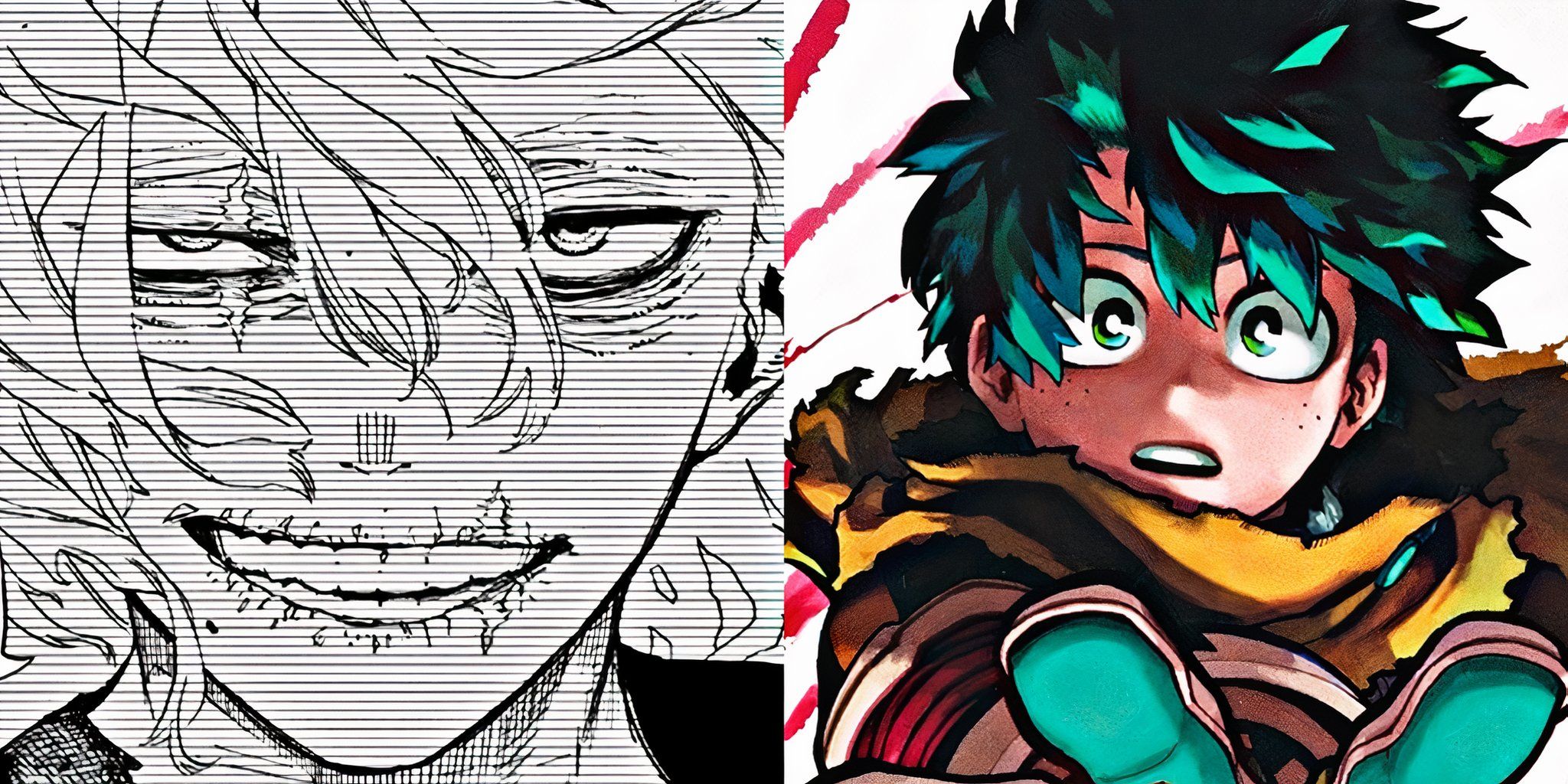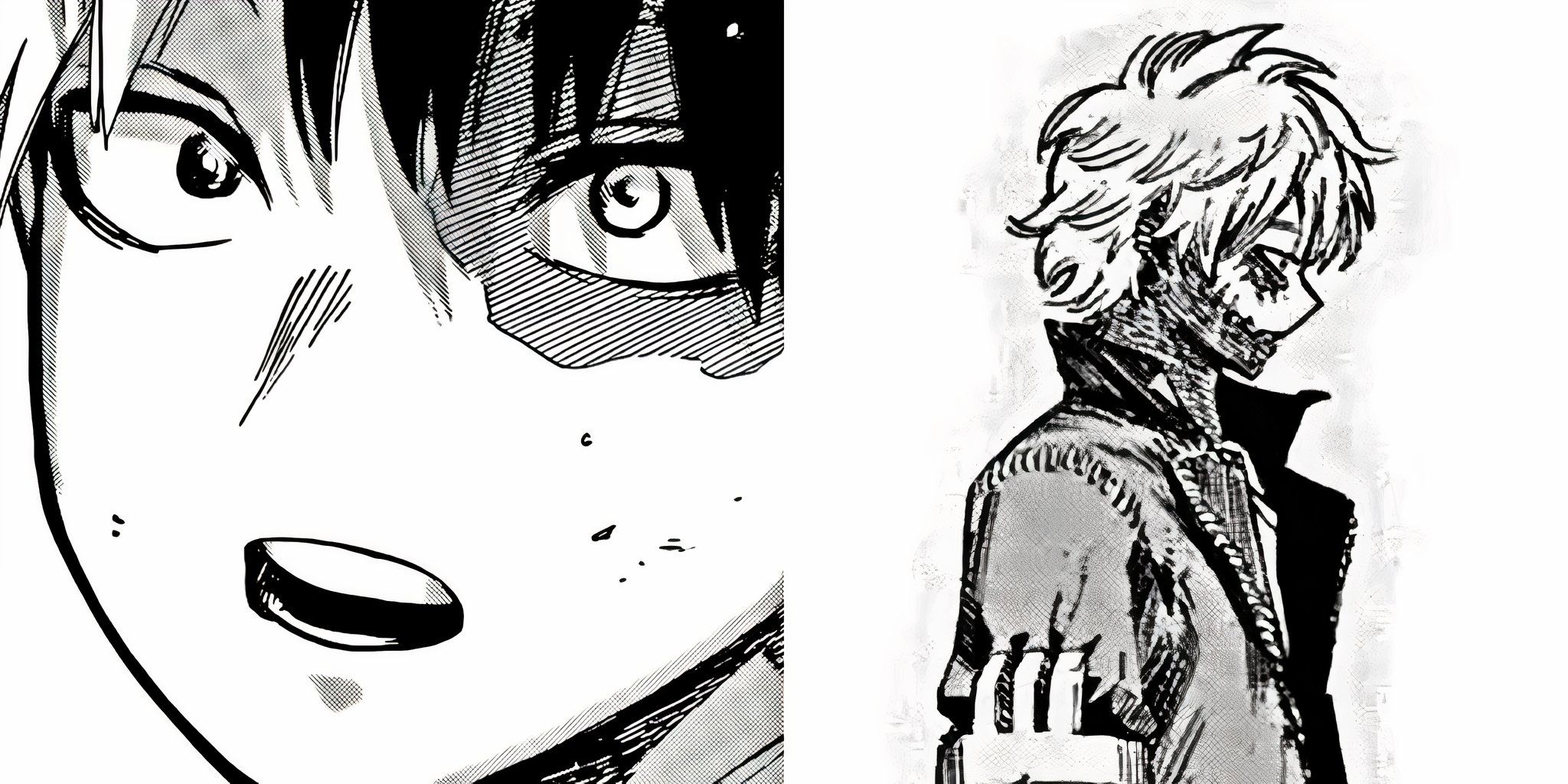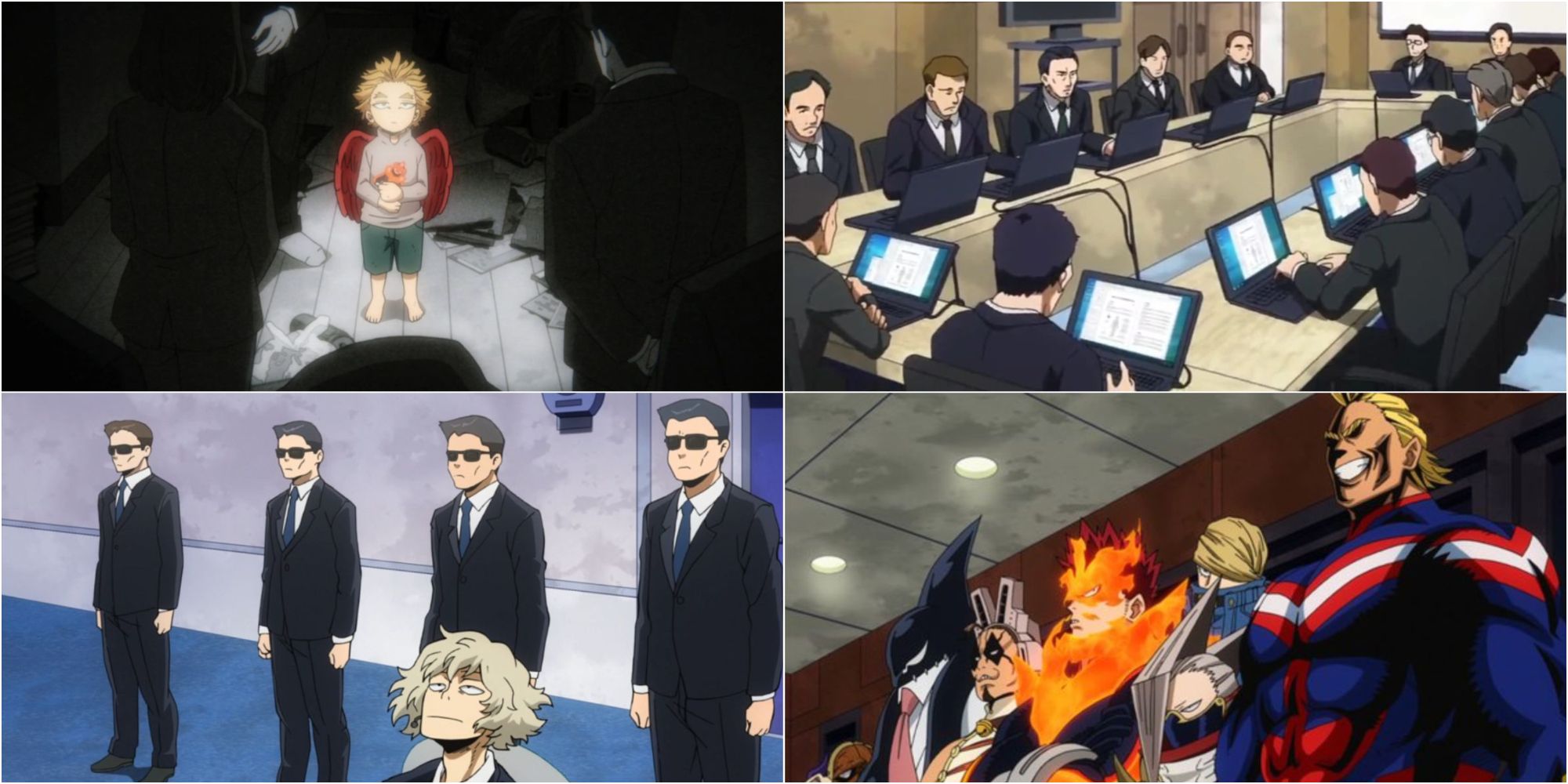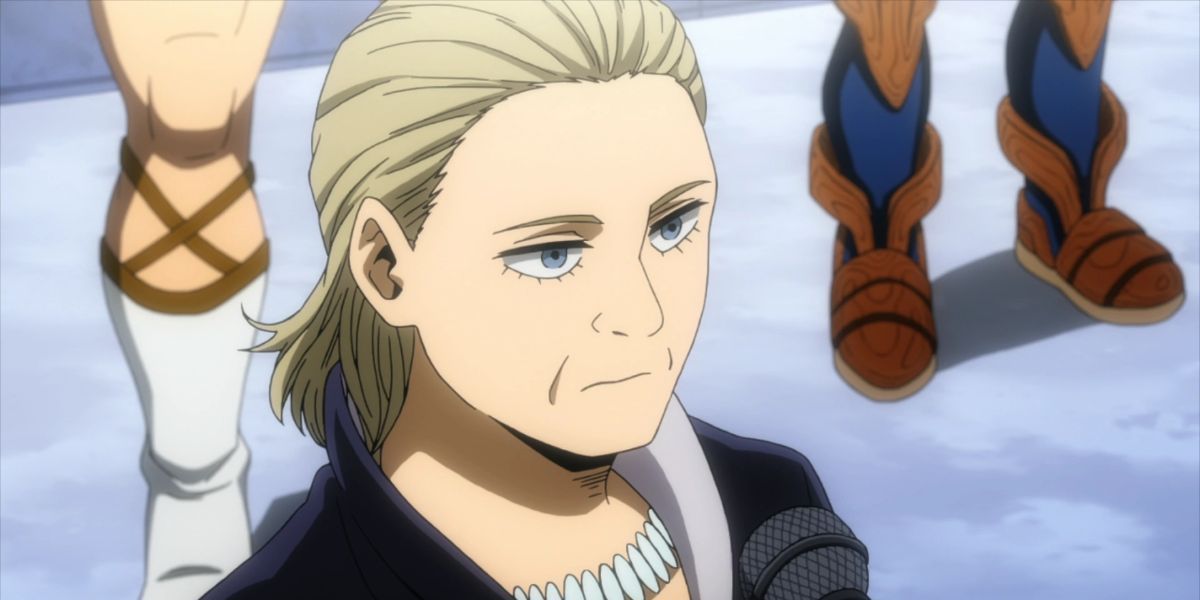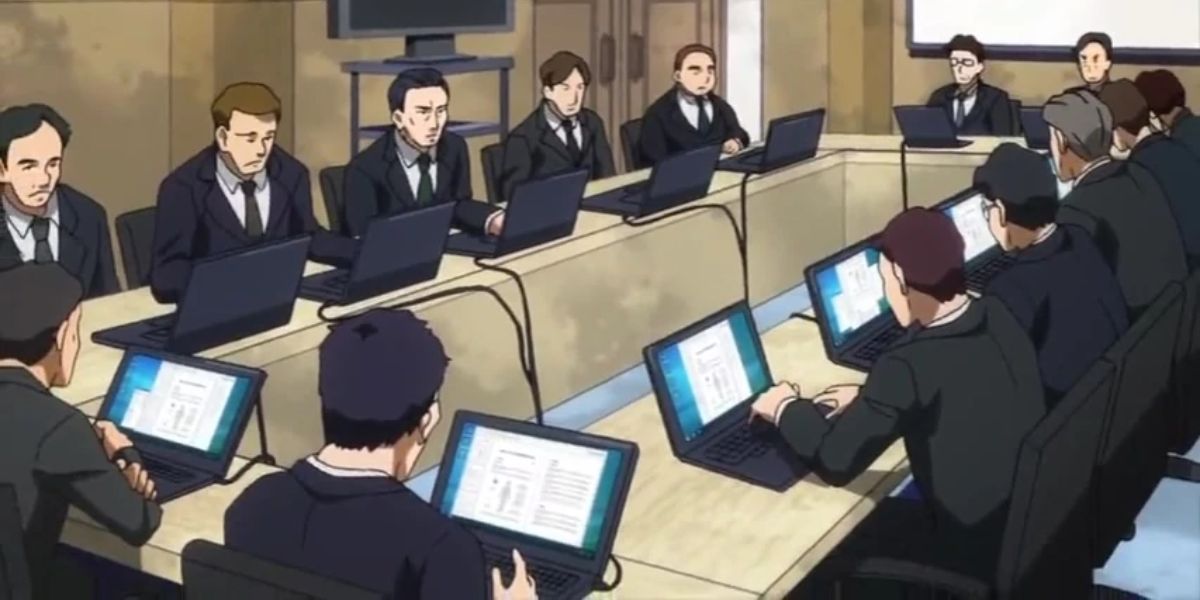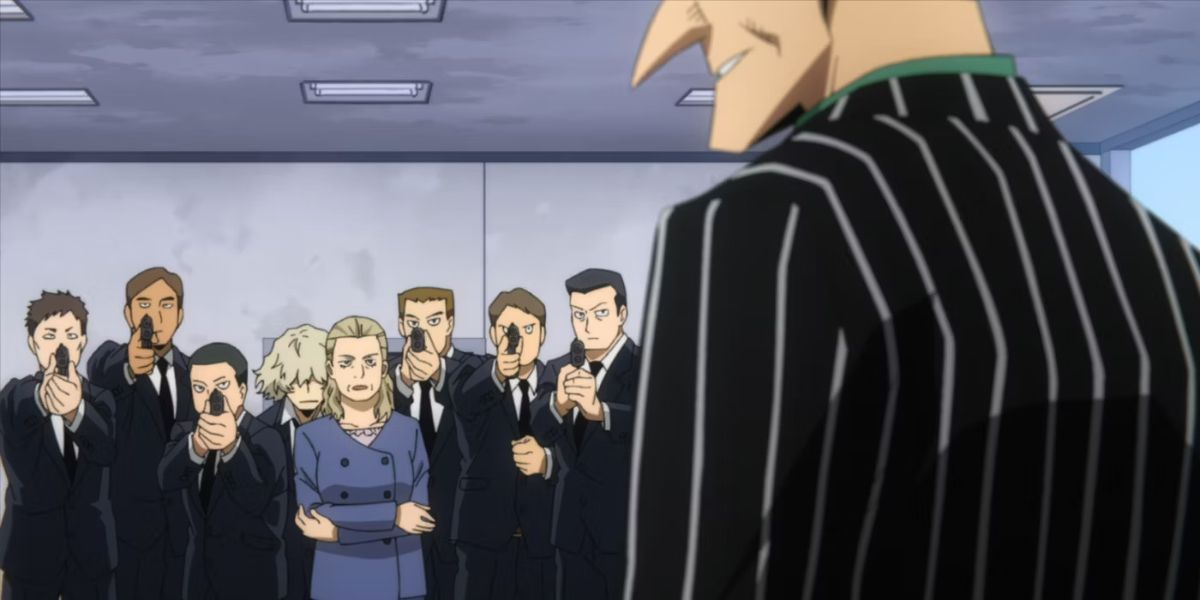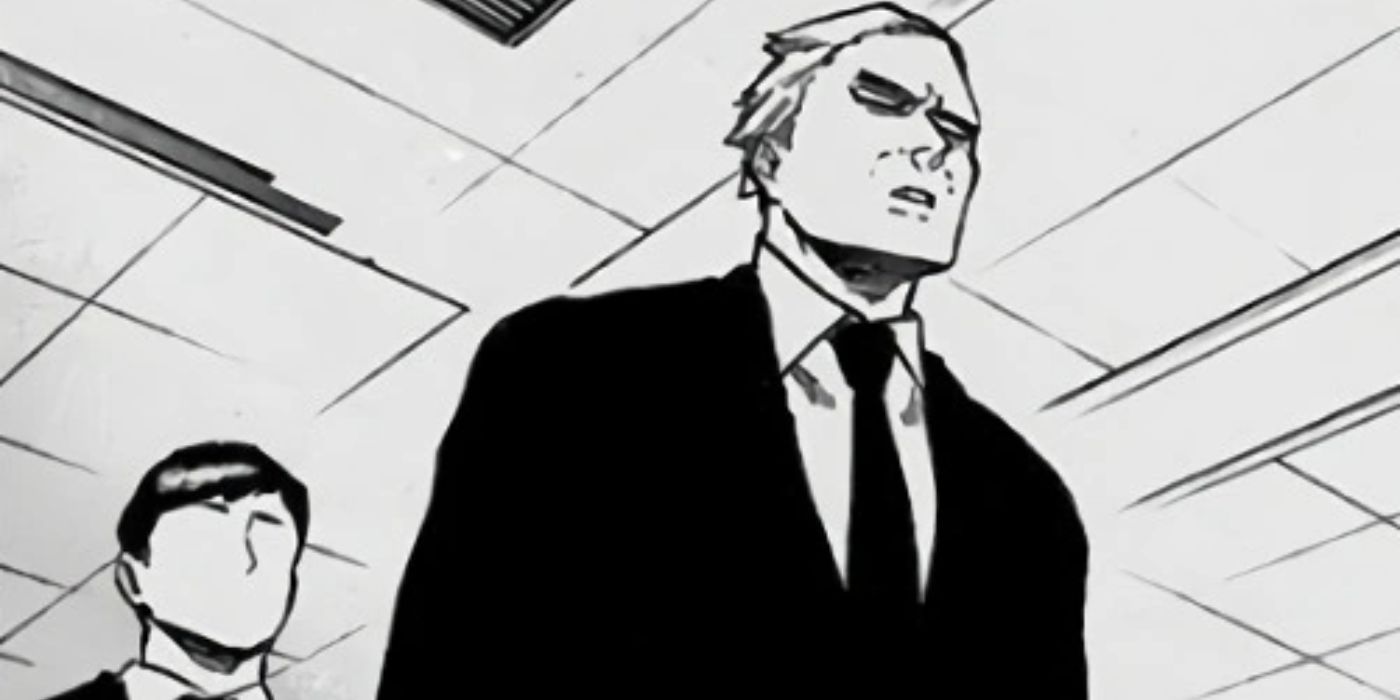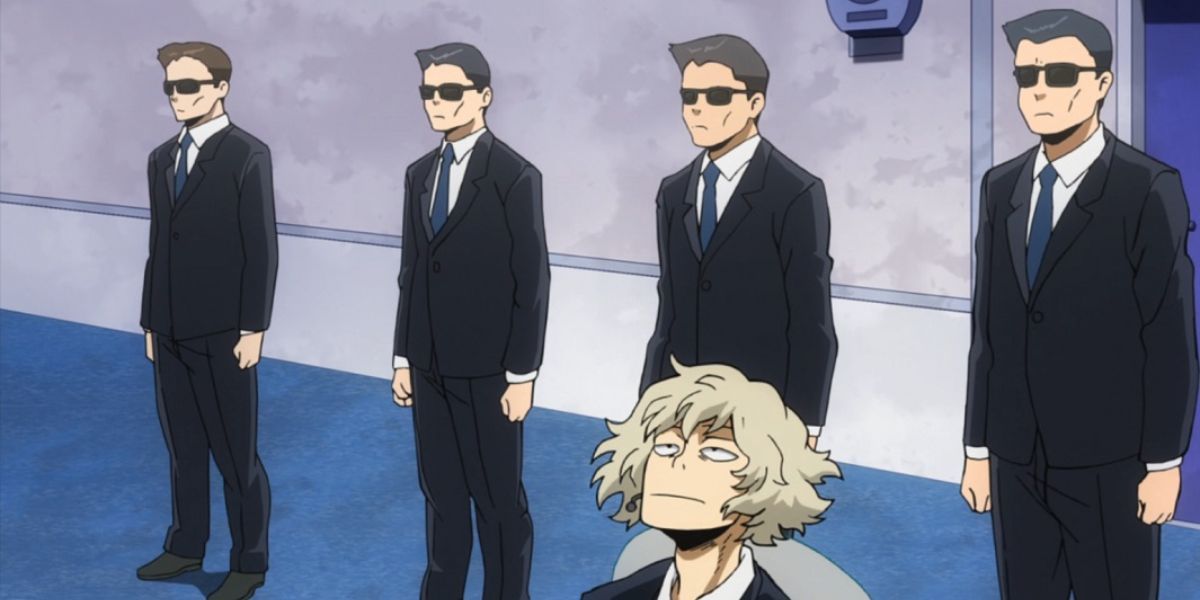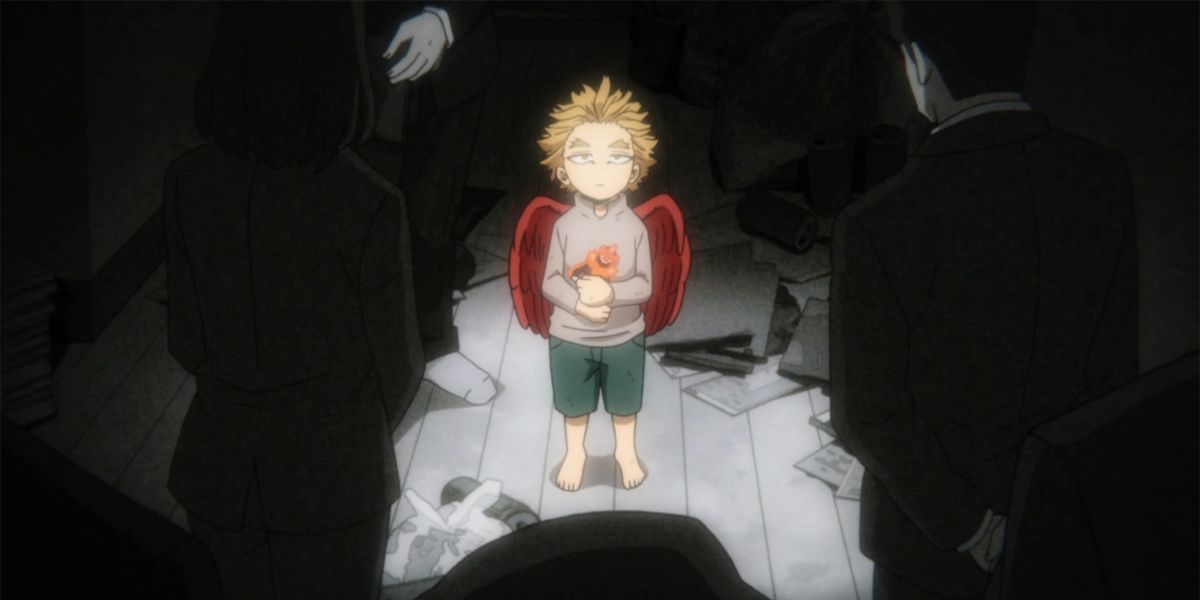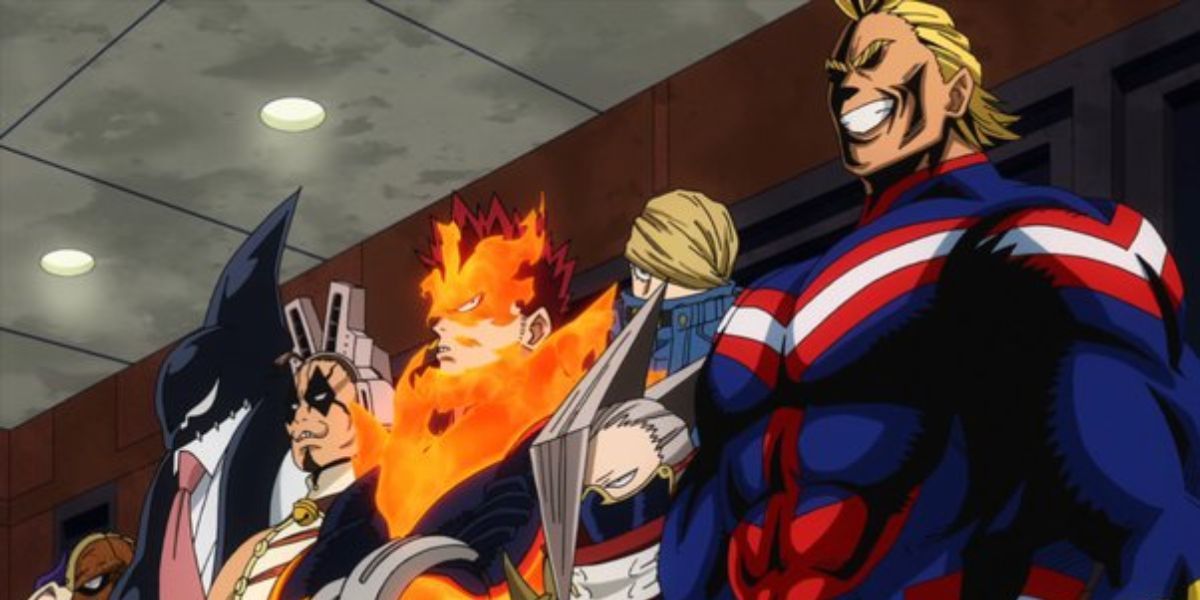In My Hero Academia, the Hero Academia is the foremost hero school where aspiring heroes get trained, taught, and mentored by heroes. They instill heroes with values like integrity, loyalty, team spirit, and cooperation. The mission of the Hero Academia is to raise as many heroes as possible to combat crime and make the world, in general, a safer place to be. When these heroes complete their studies, they get licenses that grant them the ability to combat crime in society.
The people established the Hero Public Safety Commission to serve as a bridge between heroes and non-heroes. The HPSC is responsible for the creation and running of an examination board brought about in a bid to recruit and deploy heroes to regulate society. They are also responsible for granting practice licenses to heroes, which is done bi-annually to give heroes a chance to earn their pro licenses. However, the Hero Public Safety Commission also made some mistakes while exercising its functions due to omissions and carelessness.
7 Abetting Corrupt Heroes
Whenever heroes committed crimes or killed villains, the Hero Public Service Commission came up with cover-ups to ensure that heroes still look good in the public eye and to clear the name of the Hero in question. The heroes were not subject to scrutiny, and their golden rule that heroes should use their quirks for good rather than evil was not enforced.
The HPSC uses corrupt heroes to carry out killings. At a point where heroes were killing on the rising, they started hiring other heroes to carry out the dirty work for them by covering up for the well-known heroes so as not to ruin their image in the public eye. Most heroes were not doing it because of the well-being of people but because of the fame that came with being a pro hero.
6 Not Properly Scrutinizing Heroes.
The Hero Public Safety Commission's screening process for hero candidates was not thorough enough. This led to individuals with questionable motives and unstable personalities becoming heroes.
The Hero Public Safety commission was more interested in the quantity and not the quality of the heroes they recruited. Rather than doing a background check into the quality of the heroes, their personalities, past and records, and whether they are more of threats than safety to the society. This has allowed villains and people with questionable motives to become licensed heroes, which has led to numerous bad incidents.
5 Overpressure Heroes
The Commission fostered a culture on heroes that places too much pressure on them. They did this by constantly promoting self-sacrifice and disregard for personal well-being by fostering a hero society that puts enormous pressure on people to be powerful and unbeatable.
The Hero Public Safety Commission overworks heroes, which causes many of them to burn out and lose their effectiveness as a result of constant activity and response to all situations. This also puts heroes at risk of injury or death, as they may not have enough rest or time to properly prepare for dangerous situations.
4 Neglecting Heroes' Mental Wellbeing
The Hero Public Safety commission constantly neglected the mental health of heroes. Even though heroes frequently experienced traumatic situations and high levels of stress, the Hero Public safety commission does not offer enough support for their mental health.
As a result, many heroes struggle with mental health conditions like post-traumatic stress disorder, which might hinder their capacity to perform their duties well. The Hero Public Safety commission also failed to bring up measures to help the heroes stay in check. This shows that the Hero Public Safety Commission was only interested in what the heroes could do for them and not their general well-being.
3 Going Against Their Word
Although vigilantism is prohibited, the Hero Public Safety Commission continued to hire vigilantes to carry out their dirty job and make shady deals for them, which entirely went against their principles. They constantly forced heroes to go against their principles to achieve their sometimes immoral aims. They later looked to figures of courage like Lady Nagant and Hawks.
They forced Lady Nagant to murder dishonest heroes and villains, which led to her transformation into a villain and her later cooperation with All For One.
2 Manipulating Heroes
They conned Hawks into working for them from a young age, forcing him to follow their orders because he allegedly owed them his life. They gave him the task of infiltrating the Villain league and to complete his job, they pressured him to kill Twice, sacrificing his principles in the process.
The Hero Public Safety Commission also groomed and manipulated heroes into doing their bidding. They treated heroes like they were disposables who existed primarily to do their dirty job. Eventually, when the heroes began to revolt, The Hero Public Safety commission set up Pro Heroes to help them fight against heroes that refused to do their bid.
1 Discrimination Amongst Heroes
Heroes were constantly discriminated against based on their quirks by the Hero Public Safety Commission. Bakugo, throughout his time at U.A High-school, was a bully whose only obsession was with becoming the number one hero. He was, however, treated as superior to others because his quirks were very powerful.
The number one hero, Endeavor, is hated by his children because of his constant domestic abuse of his wife. Endeavor forced his wife into marriage to breed an offspring who can compete to be the number one Hero, and despite this, Endeavor is still treated highly by the Hero Public Safety Commission.

